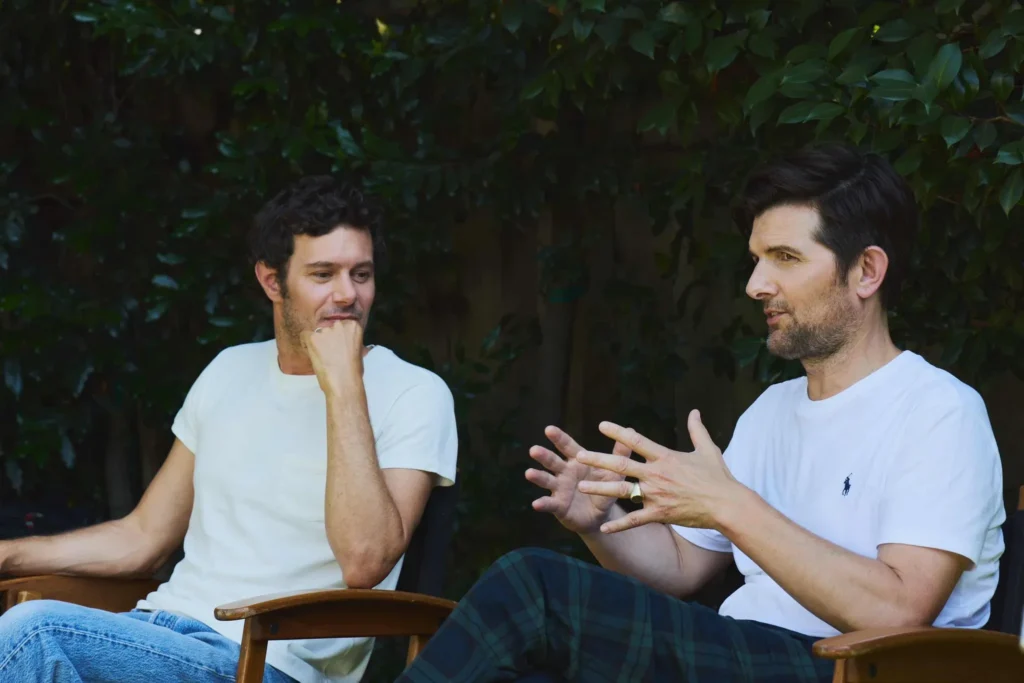Picture this: you’re in a group chat trying to organize a simple gathering. Suddenly, responses start pouring in. A flurry of opinions, missed details, and, if you blink, it all dissolves into utter confusion. Sound familiar? WhatsApp’s latest campaign dives headfirst into that chaos, but instead of offering just another feature rundown, it invites viewers into the experience using the comedic talents of Adam Scott and Adam Brody.
It’s not often you see two actors so cleverly paired, each bringing their own brand of wit and awkwardness. Watching Scott and Brody navigate party planning in a virtual thread is more than a mere performance; it’s a showcase of how real digital life can get hilariously messy. The campaign’s brilliance is simple: by dramatizing the pitfalls of group messaging, the humor feels natural, the scenarios genuinely relatable.

WhatsApp’s group chat features take center stage yet not through bullet points, but through comic storytelling. When the party plot takes a wrong turn (as these things do), it’s clear: WhatsApp isn’t just any app; it’s the difference between pulled-off surprises or total party flops. Instead of spelling out capabilities, the campaign leans into shared experience and gentle mockery, speaking directly to anyone who’s ever found “What time should we meet?” spiraling off into mayhem.
Why Scott and Brody? Their chemistry gives the ad a pulse—a sense of authenticity that reads as pure fun, not corporate. The duo embodies modern celebrity endorsement: engaging, relevant, and organically woven into the brand’s vibe. Watching them handle digital disorder is a sly lesson in how brands can connect: don’t force the pitch, let personality lead.
Marketers, take note:
- Amplifying common frustrations can be a path to brand clarity, if wrapped in humor and empathy.
- Showing is better than telling. Let users recognize themselves in your stories, and the product’s appeal will follow.
- The right faces, at the right moment, can mean the difference between forgettable and buzzworthy.
- For WhatsApp, victory isn’t just smart design—it’s emotional connection, the subtle promise that better communication leads to joyful outcomes.
In the end, ‘Adam vs. Adam’ feels less like traditional advertising and more like a wink at group chat survivors everywhere. It’s no accident: storytelling and real-life resonance work far better than a list of specs, and WhatsApp proves that sometimes, the best marketing simply feels human.his campaign is an invitation to put customer experiences, and a little playfulness, front and center.

